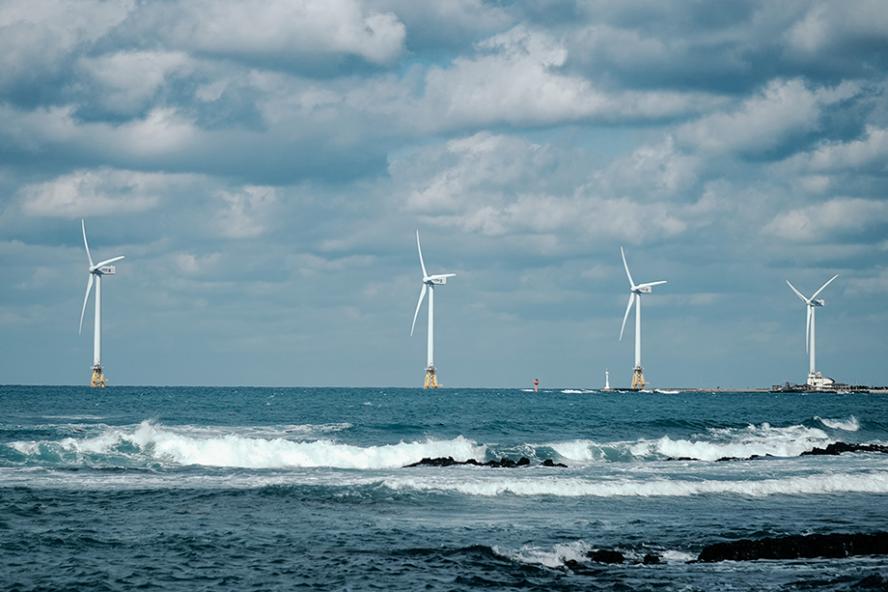-

Hear from Professor Monica Toft
Learn how Professor Monica Toft is shaping the study of global affairs and diplomacy at Fletcher.
Hear from Prof. Toft -

Explore Fletcher academics in action
Fletcher Features offers insights, innovation, stories and expertise by scholars.
Get global insights -
Get application tips right from the source
Learn tips, tricks, and behind-the-scenes insights on applying to Fletcher from our admissions counselors.
Hear from Admissions -

Research that the world is talking about
Stay up to date on the latest research, innovation, and thought leadership from our newsroom.
Stay informed -
Meet Fletcherites and their stories
Get to know our vibrant community through news stories highlighting faculty, students, and alumni.
Meet Fletcherites -

Forge your future after Fletcher
Watch to see how Fletcher prepares global thinkers for success across industries.
See the impact -

Global insights and expertise, on demand.
Need a global affairs expert for a timely and insightful take? Fletcher faculty are available for media inquiries.
Get in Touch
June 15 is Global Wind Day
Fletcher School Professor Barbara Kates-Garnick talks about importance of wind energy

June 15 has been named Global Wind Day to bring attention to this important resource that can help decarbonize the planet, grow energy systems, create jobs, and boost economic growth. Fletcher School Professor Barbara Kates-Garnick says that wind has the potential to play a “critical role” in creating energy for electric grids across the US and throughout the world and enabling the realization of decarbonization goals. The US has set a target goal for offshore wind of 30 Gigawatts (GW) by 2030 which represents a huge increase from our current production of 52 megawatts (MW) of offshore wind off Rhode Island and Virginia.
Kates-Garnick says that there are plans to build numerous offshore wind farms off the East Coast from Virginia to Maine. The first commercial wind farm, Vineyard Wind, off Massachusetts has already begun construction. There was just a record-breaking auction of offshore wind leases off the coast of New York and New Jersey. These massive structures will require monitoring and attention to safety but will be critical to jobs and moving the United States off of fossil fuels for electricity generation.
Wind energy is also an important way to help countries get to Net Zero – a global effort to cut greenhouse emissions that will help slow the effects of climate change. Another benefit of wind energy technology is the number of jobs, supply chains, and port development that will be created by building the turbines and the wind farms, says Kates-Garnick.
“Tufts is on the cutting-edge of wind energy technology,” she said. “The School of Engineering has a master’s degrees program in Offshore Wind Energy Engineering. Fletcher has conducted research in the multiple areas of wind energy engineering and markets and has influenced policies in this area.”
“Europe is much further ahead of the US in building wind turbines and utilizing the energy created,” Kates-Garnick added. “The United Kingdom, Scandinavia, and Germany outpace the US in this area. They have all embraced offshore wind.”
Like solar energy, wind energy can be intermittent, due to weather patterns and may still require some use of fossil fuels. There is also a need for battery technology and storage. Wind energy will also open opportunities for the hydrogen economy.
“We are very much at the cutting edge of new opportunities. There is a huge challenge ahead, including making clean technology, training, and jobs available so that all will find the benefits of a net zero economy. Offshore wind will play a critical role. The decisions we make today will impact us for generations to come,” Kates-Garnick said.
To learn more about wind energy and Global Wind Day, visit the website.

